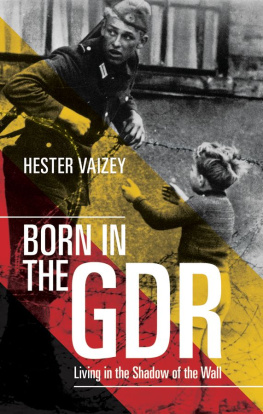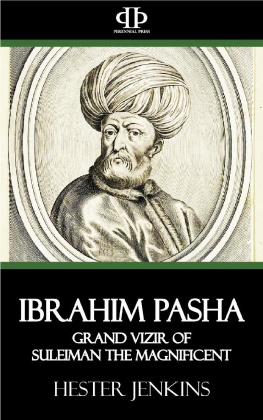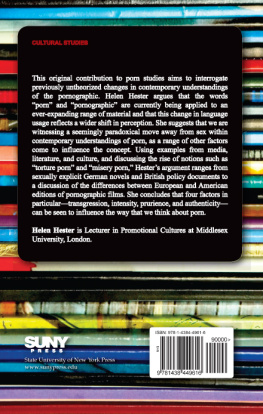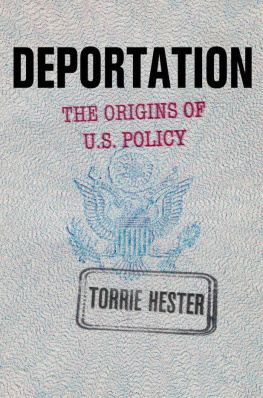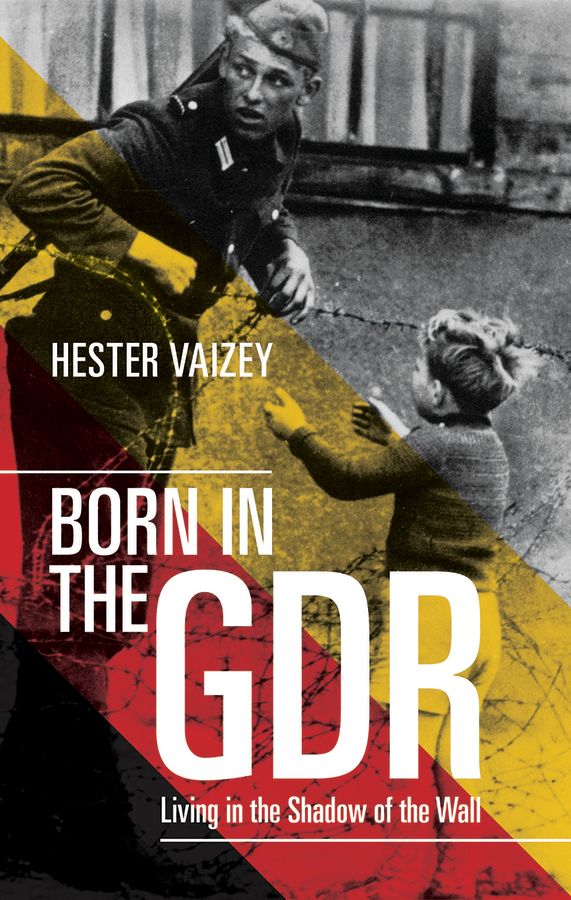Born
IN THE GDR
LIVING IN THE SHADOW
OF THE WALL
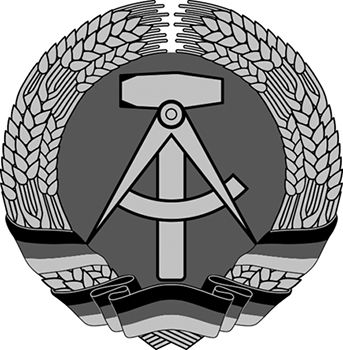
Hester Vaizey


Great Clarendon Street, Oxford, ox 2 6 dp , United Kingdom
Oxford University Press is a department of the University of Oxford. It furthers the Universitys objective of excellence in research, scholarship, and education by publishing worldwide. Oxford is a registered trade mark of Oxford University Press in the UK and in certain other countries
Hester Vaizey 2014
The moral rights of the author have been asserted
First Edition published in 2014
Impression: 1
All rights reserved. No part of this publication may be reproduced, stored in a retrieval system, or transmitted, in any form or by any means, without the prior permission in writing of Oxford University Press, or as expressly permitted by law, by licence or under terms agreed with the appropriate reprographics rights organization. Enquiries concerning reproduction outside the scope of the above should be sent to the Rights Department, Oxford University Press, at the address above
You must not circulate this work in any other form and you must impose this same condition on any acquirer
Published in the United States of America by Oxford University Press 198 Madison Avenue, New York, NY 10016, United States of America
British Library Cataloguing in Publication Data Data available
Library of Congress Control Number: 2014933817
ISBN 9780198718734
ebook ISBN 9780191028830
Printed in Great Britain by Clays Ltd, St Ives plc
Links to third party websites are provided by Oxford in good faith and for information only. Oxford disclaims any responsibility for the materials contained in any third party website referenced in this work.
Acknowledgements
I would like to thank the people who have helped me to write this book. The East Germans I interviewed were extremely generous with their time and their stories. Without them, this book would not have been possible. William Cavert, Mark Fenemore, Jan Hennings, Catherine Orme, Matthew Stibbe, and David Tinnion read early drafts of the manuscript and provided insightful feedback. Angela Abmeier gave me a roof over my head in Berlin while I was conducting my research. Clare College, Cambridge, provided funding for this project. My agent, Peter Robinson, was instrumental in helping this book to see the light of day. And Matthew Cotton and Luciana OFlaherty at Oxford University Press were most helpful in the final stages of getting the manuscript ready. My family, Margaret, Russell, and George Vaizey, gave me their unstinting support as ever. Above all, though, it is my husband, David Tinnion, who has lived and breathed this book with me every step of the way. This book is dedicated to him.
Contents
| DTA | Deutsches Tagebucharchiv (German Diary Archive) |
| FDJ | Freie Deutsche Jugend (Free German Youth Organi-zation) |
| FRG | Federal Republic of Germany (West Germany) |
| GDR | German Democratic Republic (East Germany) |
| Ostalgie | Nostalgia for the former East Germany |
| PDS | Partei des Demokratischen Sozialismus (Party of Democratic Socialism) |
| SED | Sozialistische Einheitspartei Deutschlands (German Socialist Unity Party), the East German the Communist Party in the GDR |
| SPD | Sozialdemokratische Partei Deutschlands (Social Democratic Party) |
| Staatsbrgekunde | Citizenship lessons |
| Wende | This literally means change, and is a term used to describe the period of transition following the fall of the Berlin Wall |
In Germany, 9th November is referred to as a Schicksalstag or Destiny Day. It was on this day in 1918 that Kaiser Wilhelm II abdicated; it was on this day in 1923 that Hitler first tried to seize power in Munich in the so-called Beer Hall Putsch; it was on this day in 1938 that the Nazis vandalized and looted Jewish synagogues; and, of course, it was on this day in 1989 that the Berlin Wall fell.
To this day, the legacy of Germanys divided past remains evident to all visitors crossing between the Eastern and Western parts of the city. Hordes of tourists continue to visit the remaining preserved section of the Berlin Wall for a reason. For twenty eight years the Wall divided Germany into two countries, and was the most powerful symbol of ongoing Cold War divisions.
East Germans born after the Berlin Wall was built in 1961 knew no other reality. But while life under Communism felt normal to some young people, others felt severely constrained by the travel restrictions, the Stasi surveillance, and the penalties for voicing views different from the Communist leadership. In the twenty-eight years that the Berlin Wall remained up, over 5,000 dissatisfied East Germans successfully escaped across the border. One man hired an American Army Officers uniform from a dressing-up shop and walked across the border, another man smuggled his girlfriend out curled up in the boot of his car.
That left approximately 17 million East Germans living behind the Iron Curtain. This book is interested in those people. How did they experience the transition to a united Germany? How had they been affected by immersion in the Communist culture? And now, twenty-five years on, when enough time has passed to allow for genuine reflection on the impact of the change, how do they feel their lives are marked by the countrys divided past? These are the questions that this book explores. By offering answers to these questions, the book hopes to help readers to imagine what it was like to live through this momentous phase in German history.
Born in the GDR details the individual experiences of eight East Germans, forming a framework to understand the variety of views of the GDR and its demise, looking back from the perspective of a unified Germany. These eight stories are complemented by accounts from many others, to give a broader context. They explore a range of themes relating to life in the GDR, such as religion, the environment, sexuality, travel, and education.
Experiences of this time were far from uniform as the conversations reveal. Through conversations with many East Germans, this book reveals the many and varied ways in which people think about about and make sense of this momentous phase of German history of this time. How people responded to living under Communism undoubtedly informed how they subsequently adjusted to reunion with Capitalist West Germany. Although all of the people featured in this book were born into what is often called Germanys second dictatorship of the twentieth century, they nonetheless remained individuals, each of whom had to live their life and was presented with a set of choices. This book offers eight different perspectives on the transition from East Germany to a united Germany. Each of the stories that follow is about survival, as well as adjusting and adapting to life in the newly established habitat of reunited Germany.

